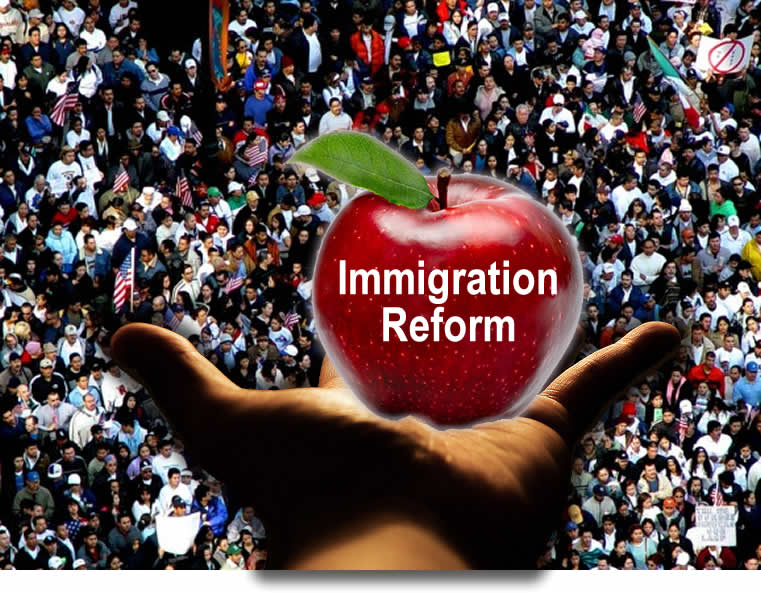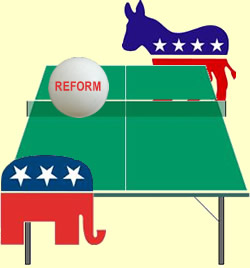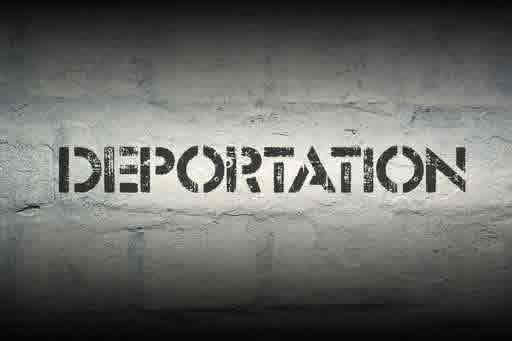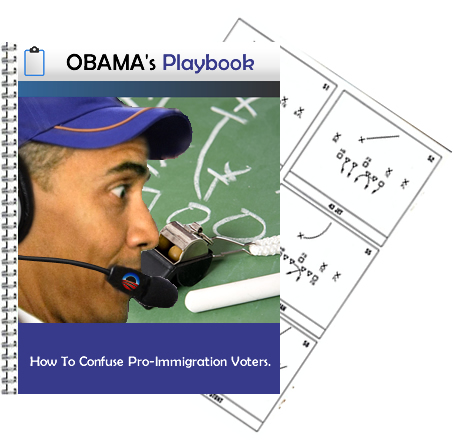
Over a year ago, well before the idea became popular, I suggested the best approach to immigration reform might be to tackle one issue at a time.
I did not endorse throwing the baby out with the bath water.
Call Today:


Over a year ago, well before the idea became popular, I suggested the best approach to immigration reform might be to tackle one issue at a time.
I did not endorse throwing the baby out with the bath water.

Our country, government leaders tell us, is in the throes of an economic recovery.
Not too long ago, according to leading monetary and labor indicators, we experienced a long, drawn-out depression. The politicians called it a recession. After being spoon fed the same rhetoric month after month, the public followed suit.
The depression was transformed into a recession.

Shortly after I wrote Liberation Politics And The Future Of Immigration Reform last summer, a few colleagues questioned my position.
I asserted the two-party system is no longer effective for addressing tough political issues like immigration reform.
I explained although differences between one party’s Tweedle Dee and the other party’s Tweedle Dum may be minor, the two-party indoctrination has conditioned voters to perceive the differences as distinct as night and day.
 I agree with Senator Rubio.
I agree with Senator Rubio.
Immigration reform resembles political ping pong.
The game accelerated with the start of the Obama administration.
In March 2010, I wrote a post entitled “Immigration Reform Ping Pong,” which discussed how the hopes of immigrants were being tossed back and forth by Democrats and Republicans as they counted votes.
As an immigration lawyer in Riverside, it’s a question I hear almost every day.
“Do you think,” ask clients, “we’ll have immigration reform this year?”
It’s a tough question.
Immigration reform resembles a ping pong match.

The immigration judge was not in a good mood.
Before my client’s removal hearing began, the judge scolded the government attorney.
As a deportation defense lawyer, it was clear the Immigration and Customs Enforcement war on immigrants was causing administrative problems for the immigration court.
“I am putting you on notice,” noted the judge, “that I am closing my courtroom down at 11:30 sharp.”

Once upon a time, I believed government was the solution.
Whatever the problem, be it poverty, health care, the environment, or immigration reform, it seemed elected officials held the key to change in their hands.
Of course, this was long before I became an immigrant advocate and defense lawyer.
In the years since, I’ve watched candidate after candidate use “change” as part of their campaign themes. Gradually, I started to grow tired of the false promises.